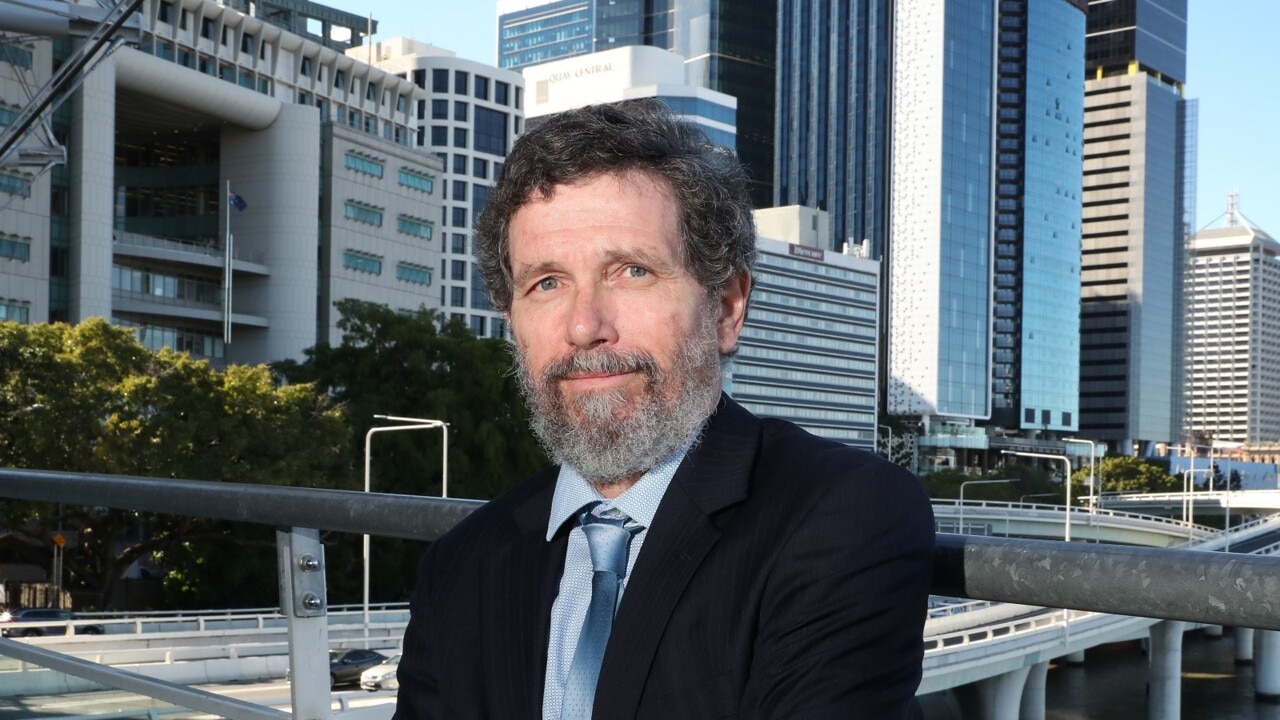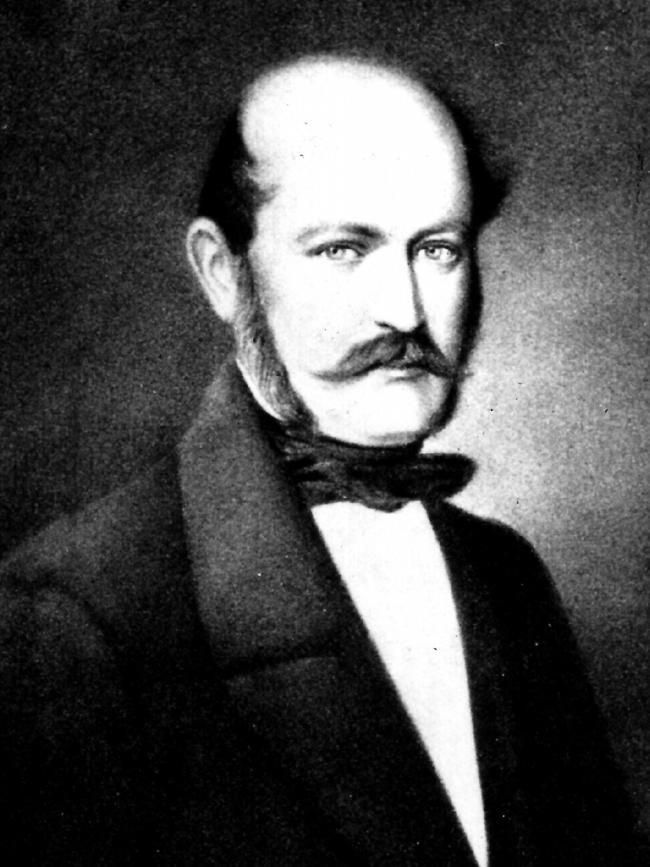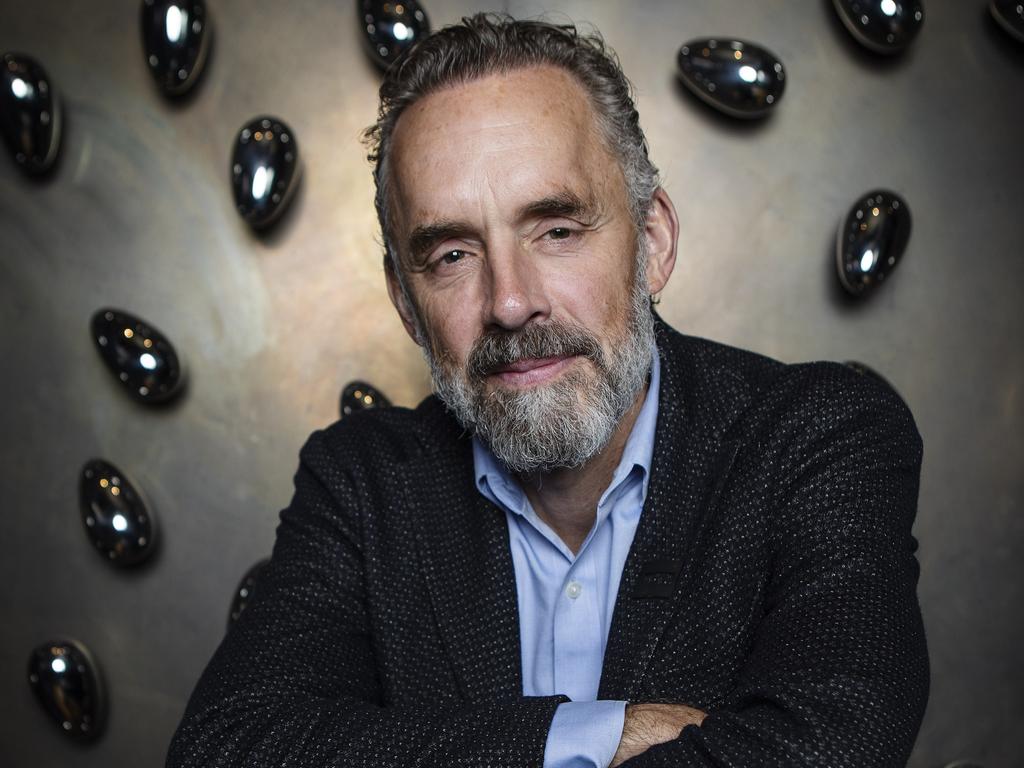Canadian speech is free – except for Jordan Peterson

Failure to comply to the “coach’s satisfaction may result in an allegation of professional misconduct and the commencement of disciplinary proceedings by the College”.
The court ruled that the re-education does not prevent Peterson from “expressing himself on controversial topics”. But he must abide by the profession’s rules, which may restrict him.
This is yet another troubling example of a judiciary failing utterly to uphold freedom of speech.
Let us imagine that Peterson complies and submits to the complete indignity of re-education, and by some miracle can hold his tongue and suck it all up. What if he says the same harmful things again – something shocking but sensible, such as: we should stop encouraging the mutilation of our children on the altar of trans ideology?
The Ontario judges have agreed that the CPO has the power to mandatorily moderate Peterson’s speech and, if it deems it warranted, to take away his licence to practise if he fails to comply. He has free speech, claims the judges, but only if he sacrifices his professional opinion. As Peterson says, this does not worry him personally because he makes a good living by helping change the world for the better. But all other psychologists in Canada now know what to do – and say – if they want to earn a living.
This is a dangerous precedent and, although it applies to Canada, Australians should be aware that something similar could be forced on us by our own judiciary.
Australian courts have already shown themselves to be, at best, ambivalent about free speech.
At risk of being self-serving, the matter of Ridd v James Cook University was a case in point.
The High Court ruled that JCU acted unlawfully in censuring Ridd for his speech about science quality-assurance, but then ruled that JCU had a right to instruct Ridd to be silent about their unlawful behaviour.
After invoking John Stuart Mill and the importance of freedom of speech, they cast aside that freedom at the earliest convenience.

And it was the same with Peterson and the Ontario Court.
In the first sentence of their ruling, the judges showed their contempt for freedom of expression, at the same time as apparently affirming a citizen’s right to it, by stating: “When individuals join a regulated profession, they do not lose their Charter right to freedom of expression. At the same time, however, they take on obligations and must abide by the rules of their regulatory body that may limit their freedom of expression.”
This makes no sense – they clearly lose their right to freedom of expression if the regulatory body can limit that freedom of expression. So, I say this to the judges: spit it out and say it straight. Peterson lost his freedom of expression. Do not pretend he did not, and do not pretend you did not take his freedom of expression away – because you did.
But even the worst offenders claim they support freedom of expression as they take it away – think Xi Jinping or Benito Mussolini. They merely argue that while speech is free, it must be “responsible”, or not “harmful”, or not against the national interest. All these terms are sufficiently indefinable to cover almost anything.
In addition, the ruling against Peterson quotes five other Canadian case law examples, all recent, where other professional bodies (nurses, physicians and surgeons) have been given rights to restrict professional speech. One example was nurses who spoke against mask and vaccine mandates. It seems that professional associations in Canada are firmly in control of the speech of their members, and the Peterson case just reinforces this fact.
So, consider this: engineers, doctors, nurses, accountants, pharmacists, barristers – every professional who is more or less forced to be a member of a professional organisation is probably owned by their professional body. Stray from the official line, and do it in public, and you risk losing your job.

I am reminded of Ignaz Semmelweis, a pioneer of antiseptics in hospitals. He proved if doctors washed their hands before delivering a baby it greatly reduced the risk of the mother and baby dying from infections. The profession crucified him. If there had been social media in 1850, the Canadian judges would have forced him to be re-educated. Thank God for the outspoken dissenters such as Semmelweis and Peterson – they have given us so much, at significant personal and professional cost.
We cannot stand silently by and allow freedom of speech to be taken away from dedicated professionals.
Peter Ridd is an adjunct fellow at the Institute of Public Affairs.






A Canadian court has ruled that Jordan Peterson can be instructed to undergo re-education coaching by the College of Psychologists of Ontario if he wants to keep his licence to practise as a psychologist. The CPO objected to some of his comments on a range of topics, including transgender and racial issues, as they could pose “moderate risks of harm to the public”.